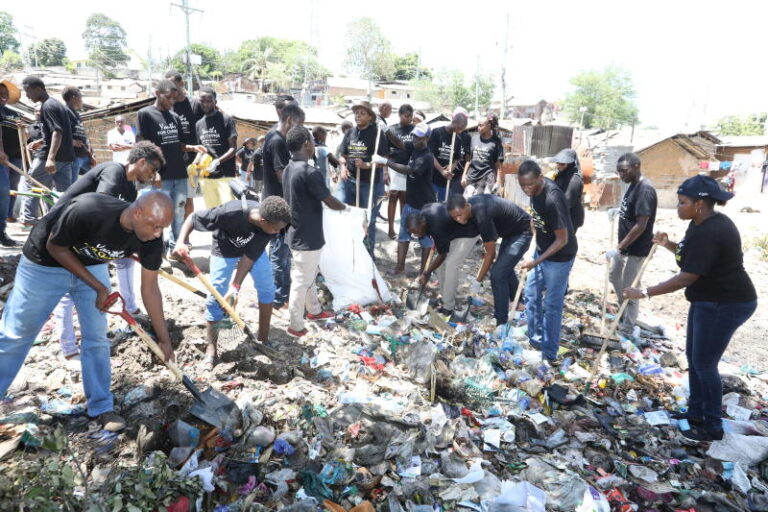How Inclusive WASH Sparks Voices of Change in Communities
Sanitation is often spoken about in terms of infrastructure—pipes, taps, and toilets. But in BogoBogo, Kenya, sanitation has become something much more: a catalyst for dignity, opportunity, and transformation. At the heart of this story are the Voices of Change: real people whose lives have been transformed by access to inclusive water, sanitation, and hygiene (WASH) facilities.
This article brings their experiences to life—showing how a single facility has restored dignity, improved education, fostered equality, and reshaped the fabric of community life.
Why Community Stories Matter in WASH
Beyond Numbers and Statistics
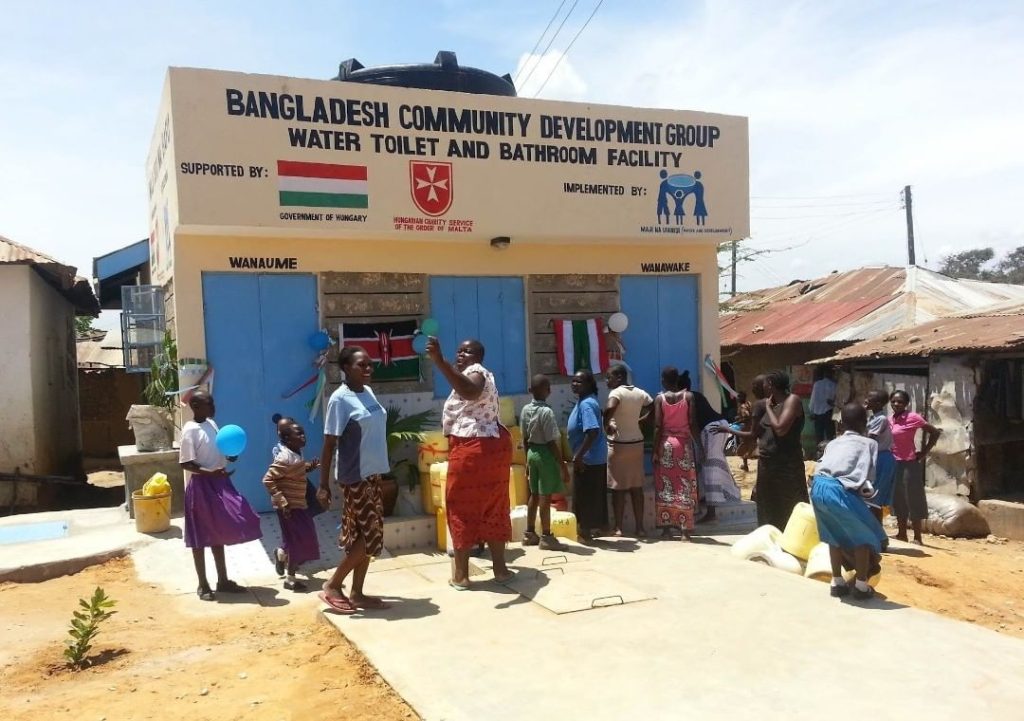
While statistics tell us how many toilets were built, Voices of Change remind us of the human impact. Behind every figure is a child returning to school, a woman regaining dignity, or a family spared from illness.
The Power of Social Proof
Stories serve as powerful social proof. They inspire donors, policymakers, and communities to act. By hearing directly from those impacted, we understand why inclusive WASH must be prioritized.
Stories from the BogoBogo Inclusive WASH Facility
Rosa’s Journey: From Dependence to Independence
Rosa, a wheelchair user, recalls how difficult life was before the facility: “I had to depend on others for something as private as using the toilet. It was humiliating.”
Now, with ramps, grab bars, and wider doors, she enters and exits independently. Rosa’s story is a striking example of the Voices of Change that show how inclusivity restores dignity and self-confidence.
Amina’s Voice: Girls Reclaiming Their Education
For Amina, a 14-year-old student, the facility changed her future. Before, she skipped school during menstruation. Today, with private cubicles and disposal bins, she attends classes without interruption.
Amina’s testimony highlights how Voices of Change demonstrate the link between inclusive sanitation and improved education outcomes for girls.
Mzee Otieno: The Elderly Find Respect
Elderly residents like Mzee Otieno struggled with unsafe, faraway latrines. He explains: “I used to fear falling or embarrassing myself. Now, I walk confidently to the facility knowing it was designed for me.”
His story reinforces how inclusivity is not just about disability—it’s about serving every stage of life.
How Inclusive WASH Transforms Communities
Health Benefits That Save Lives
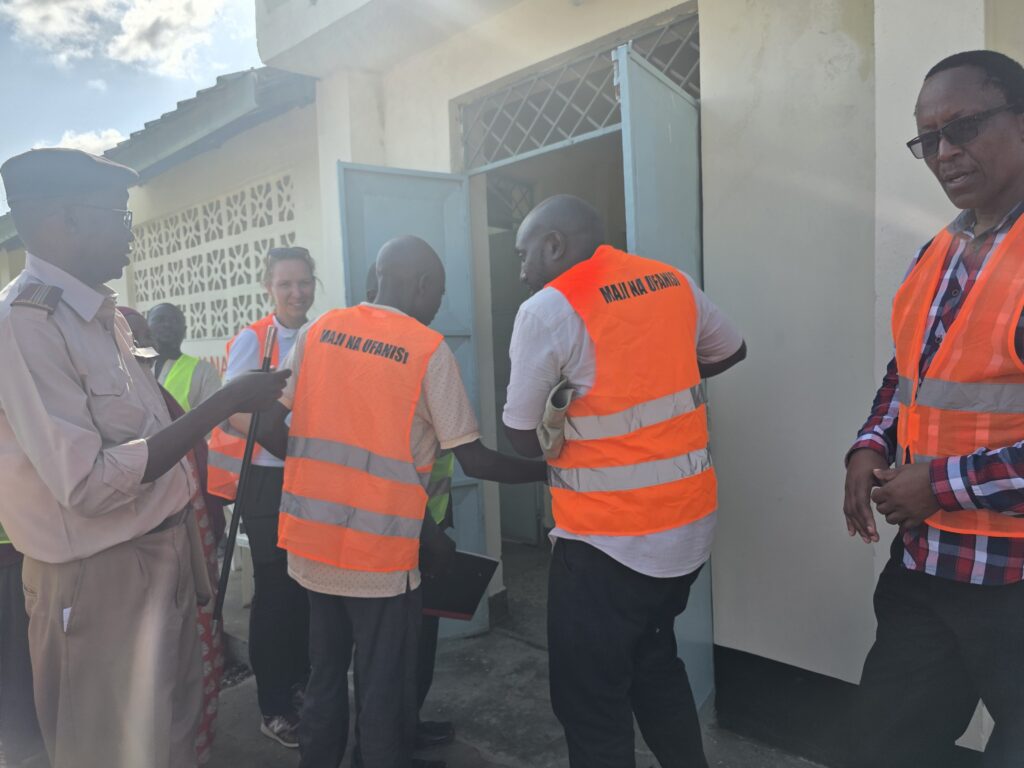
Since the facility opened, the community has reported fewer waterborne diseases. Parents celebrate the reduced medical costs, and children spend more time learning than recovering from preventable illnesses.
Economic Empowerment Through Ownership
Community committees manage the facility, collecting small fees that fund cleaning and repairs. This model has created local jobs and instilled pride, showcasing Voices of Change that emphasize sustainability through ownership.
Social Unity and Reduced Stigma
When everyone can use the same facility without shame, stigmas around disability, poverty, and gender start to fade. Inclusive sanitation fosters unity by making dignity a shared reality.
Also read:The Crucial Role of Community Engagement in Water and Sanitation Projects
The Ripple Effect of Voices of Change
Building Confidence in Schools
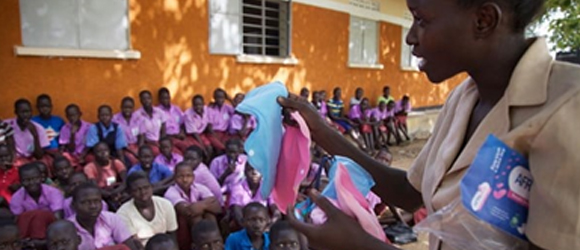
Teachers report that attendance, particularly for girls, has improved significantly. Classrooms are now filled with learners who feel safe and supported.
Empowering Women in Leadership
Women play a central role in the management committee. Their voices are no longer sidelined; they are leading decision-making and ensuring menstrual health needs are prioritized.
Inspiring Neighboring Communities
Nearby villages are visiting BogoBogo to learn how to replicate this success. The Voices of Change are spreading, influencing other communities and local governments to prioritize inclusive WASH.
Challenges in Amplifying Voices of Change
Breaking Cultural Barriers
Sanitation is still taboo in some communities, making open dialogue difficult. Storytelling initiatives help normalize these conversations.
Limited Platforms for Storytelling
Many communities lack resources to share their testimonies widely. Partnerships with NGOs and digital media can bridge this gap.
Risk of Underrepresentation
If only certain groups are heard, stories may overlook marginalized voices. True inclusivity requires amplifying all perspectives.
Scaling Voices of Change for National Impact
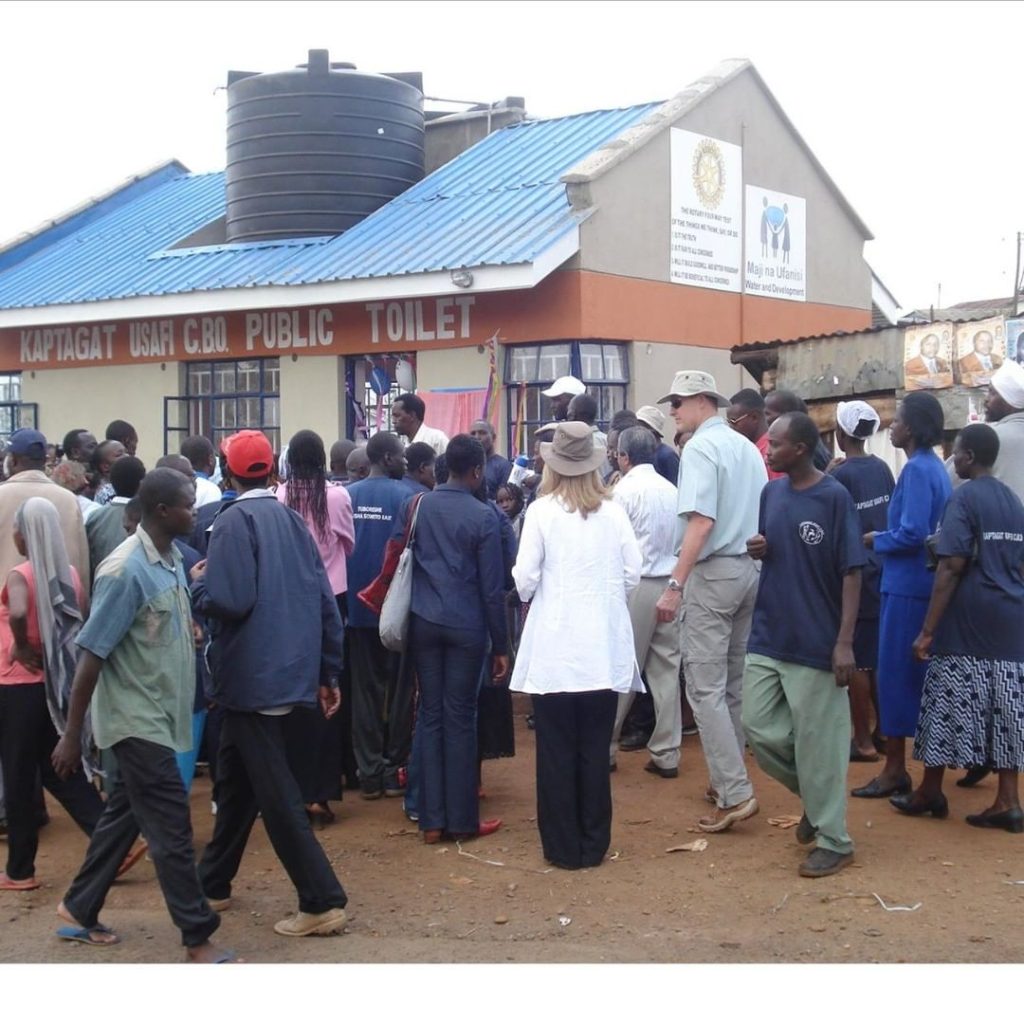
Policy Integration
When personal stories inform policy, change accelerates. Voices like Rosa’s and Amina’s can shape Kenya’s WASH strategies at national and county levels.
Donor Engagement Through Storytelling
Donors connect deeply with human stories. Showcasing the Voices of Change helps organizations like Maji na Ufanisi attract sustainable funding for inclusive sanitation projects.
Youth-Led Storytelling Initiatives
By equipping young people with storytelling tools, Kenya can build a new generation of advocates who continue scaling the message of inclusion.
How Maji na Ufanisi Elevates Voices of Change
For decades, Maji na Ufanisi has worked to ensure that inclusive WASH is not just built, but celebrated. By documenting and amplifying Voices of Change, the organization highlights the dignity and resilience of communities while mobilizing support for scaling these solutions across Kenya.
How you can help:
- Donate to support inclusive WASH projects and storytelling initiatives.
- Partner to scale BogoBogo’s model across Kenya.
- Volunteer or advocate to amplify the voices of those often unheard.
Wrap Up: Why Voices of Change Matter
The BogoBogo WASH facility is more than infrastructure—it is a stage where Voices of Change echo with dignity, pride, and resilience. Rosa’s independence, Amina’s education, and Otieno’s restored respect tell us that inclusive WASH is not just about water and toilets. It’s about people, their futures, and their right to live with dignity.
By listening to and amplifying these voices, we can inspire Kenya—and the world—to invest in inclusive solutions that leave no one behind.
Frequently Asked Questions (FAQs)
1. What are “Voices of Change” in the context of WASH?
They are real-life stories from individuals and communities transformed by inclusive water, sanitation, and hygiene initiatives.
2. Why is storytelling important in WASH projects?
It humanizes statistics, builds empathy, and inspires donors, policymakers, and communities to take action.
3. How has the BogoBogo WASH facility impacted women and girls?
It provides safe, private sanitation spaces, reducing school absenteeism and empowering women in leadership.
4. What makes BogoBogo’s WASH facility inclusive?
Features like ramps, child-friendly toilets, menstrual hygiene stations, and gender-segregated areas ensure access for all.
5. How do community stories support sustainability?
They create pride, accountability, and a sense of ownership that motivates ongoing maintenance.
6. What challenges exist in amplifying voices of change?
Cultural stigma, lack of resources, and risk of tokenism can hinder respectful storytelling.
7. How do inclusive WASH facilities affect education?
They improve school attendance, especially for girls, by providing dignified sanitation during menstruation.
8. What role does Maji na Ufanisi play in amplifying voices?
The organization documents, shares, and scales these stories while building more inclusive facilities.
9. How can donors connect with Voices of Change?
By supporting projects that prioritize community storytelling and inclusive design, donors can see real impact.
10. How can I support BogoBogo’s Voices of Change?
You can donate, volunteer, partner with Maji na Ufanisi, or advocate for inclusive sanitation policies.

